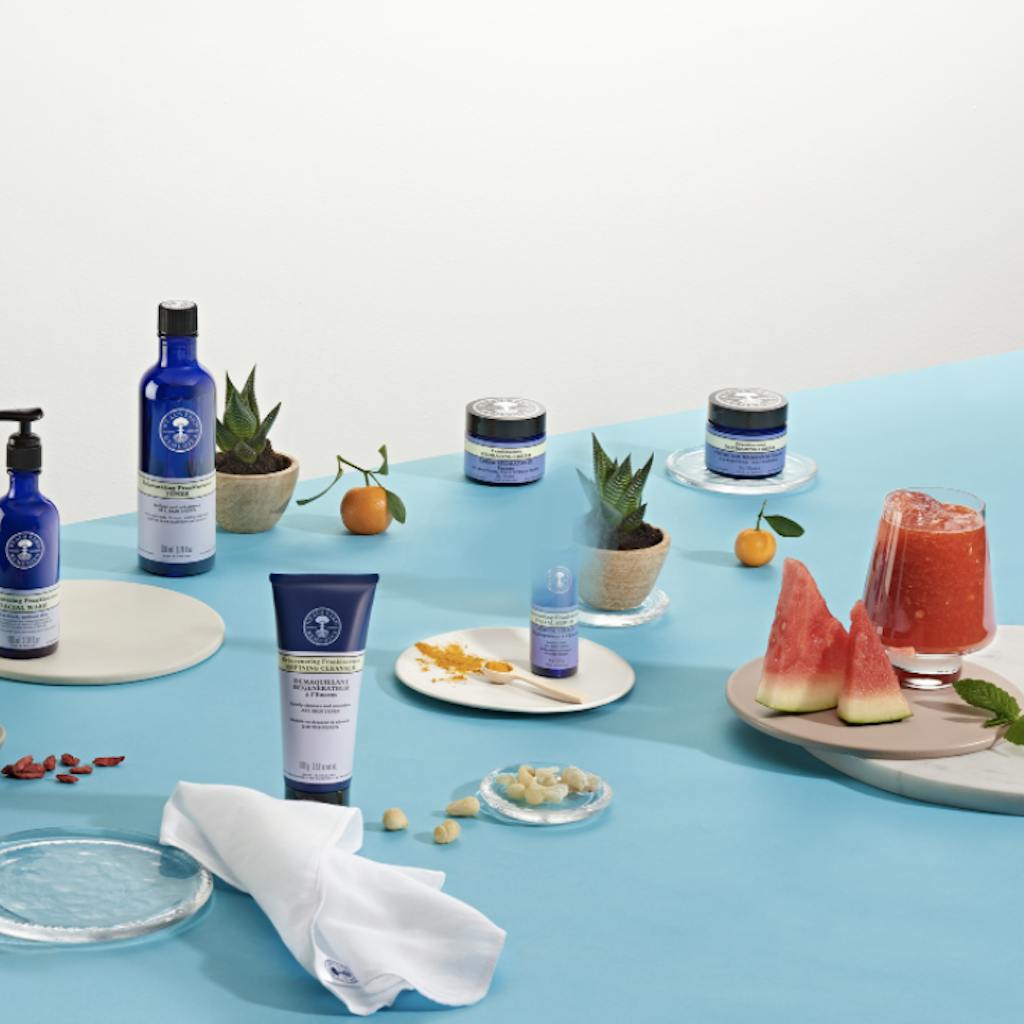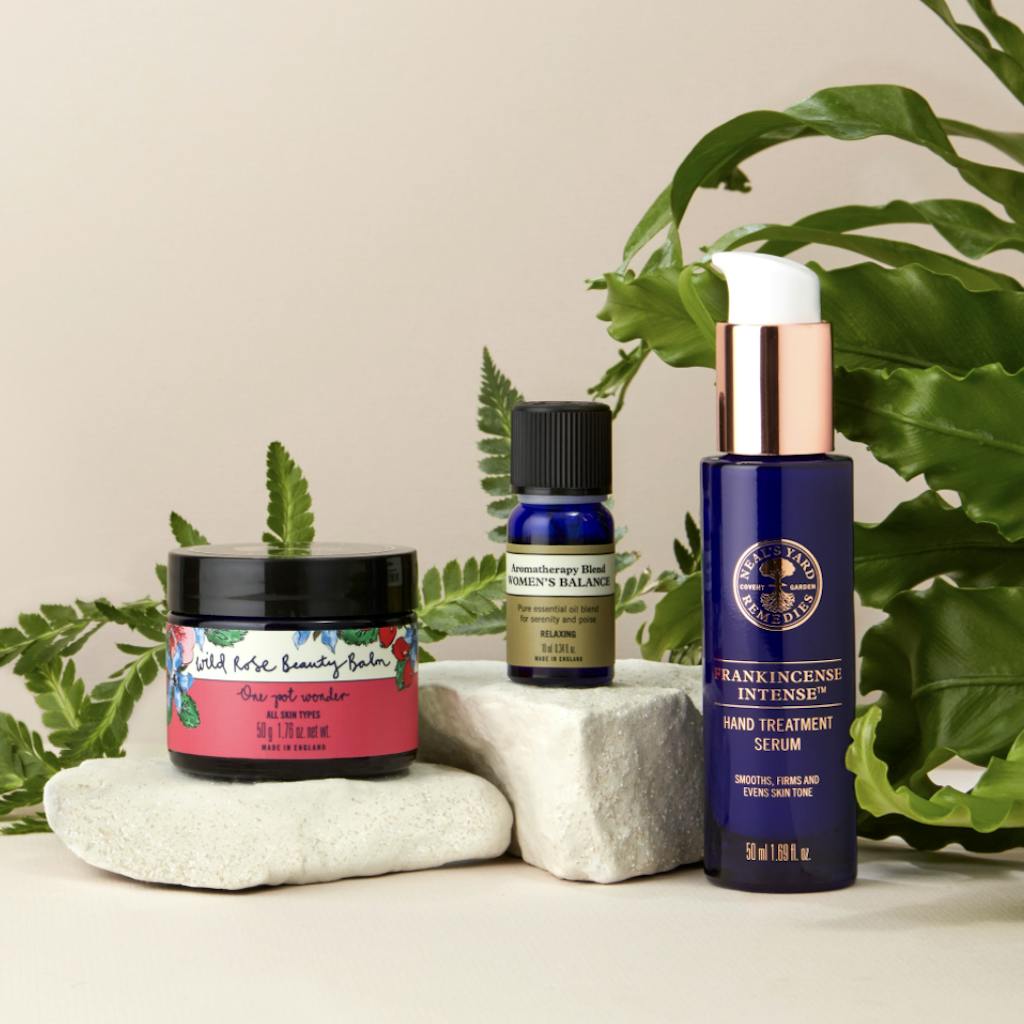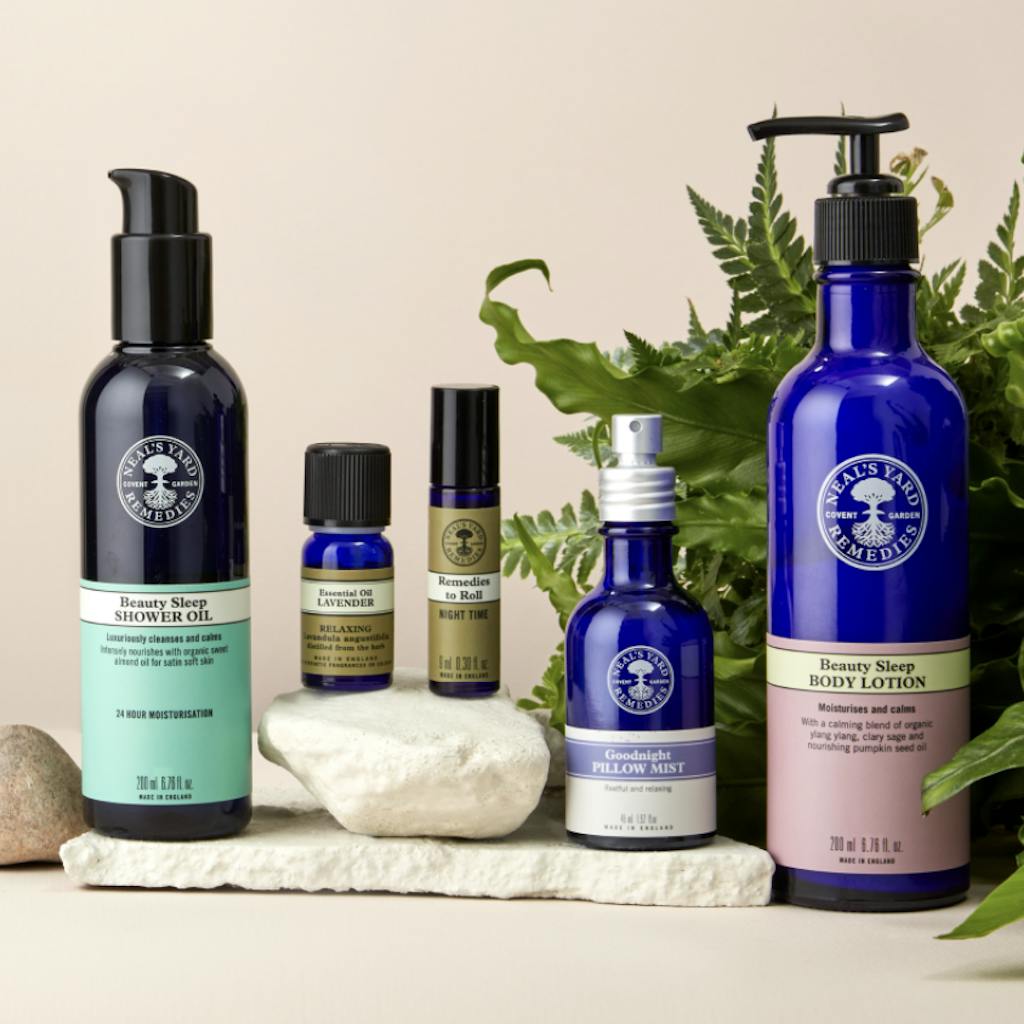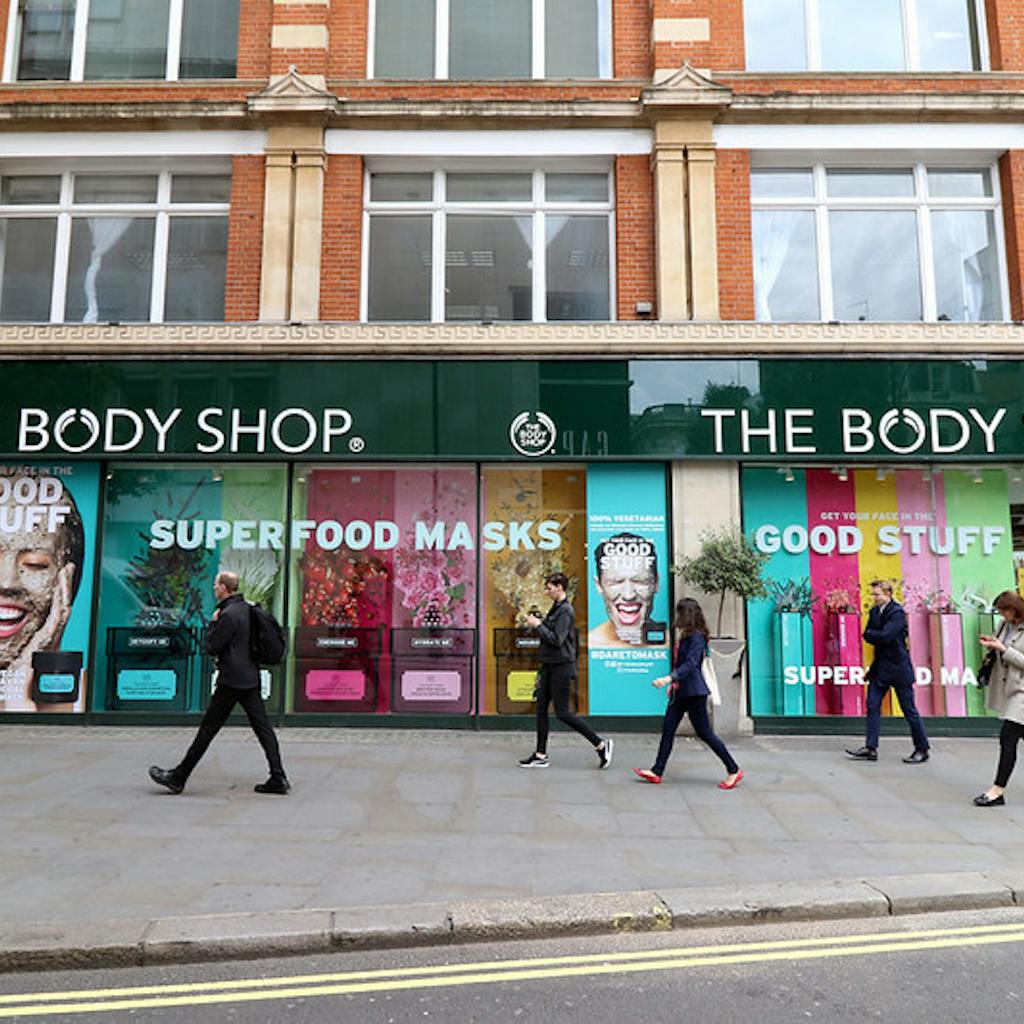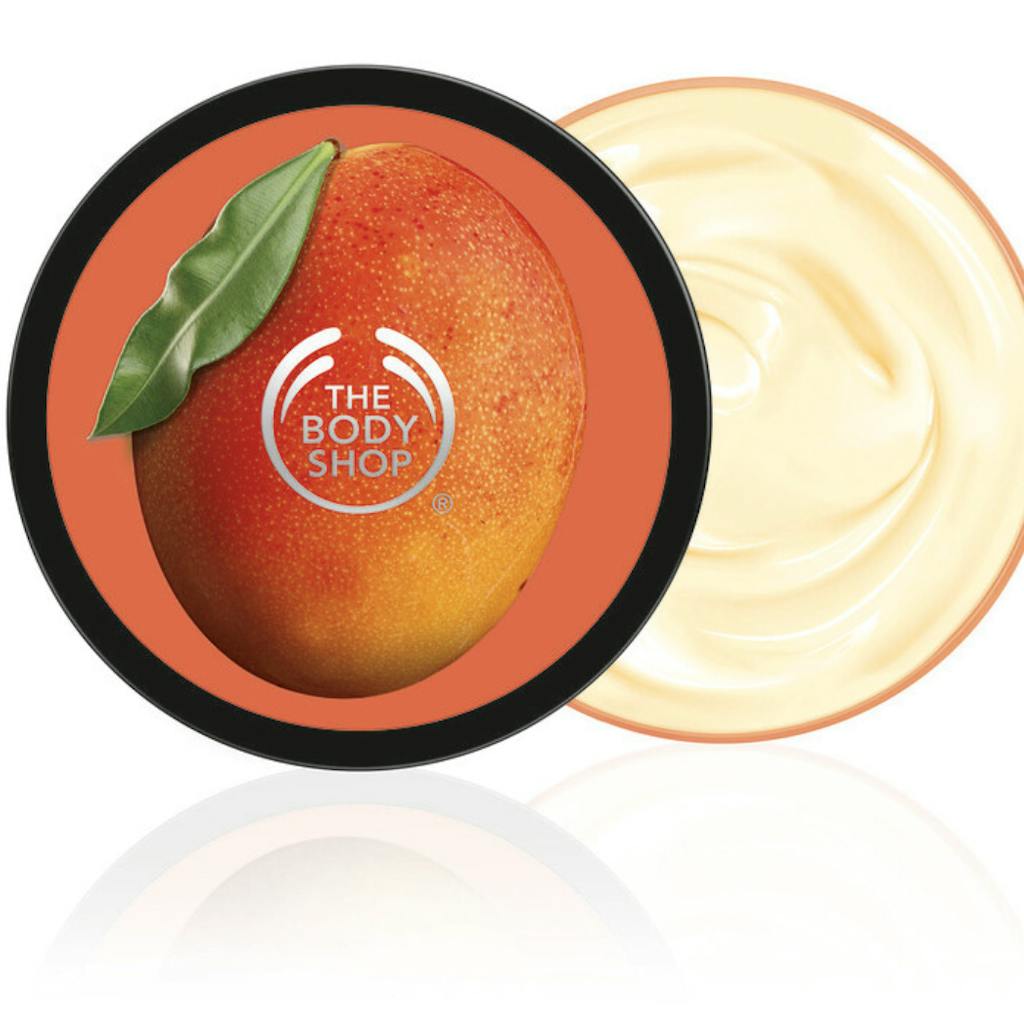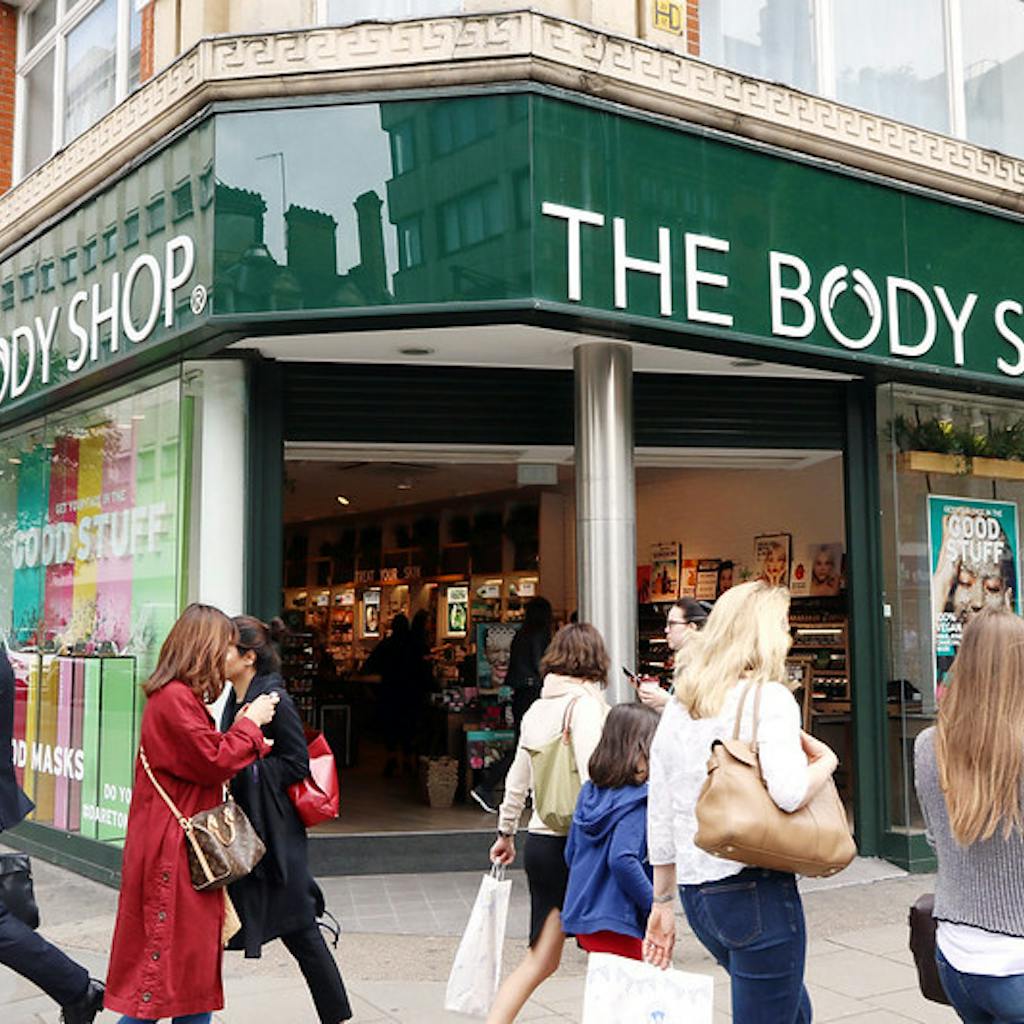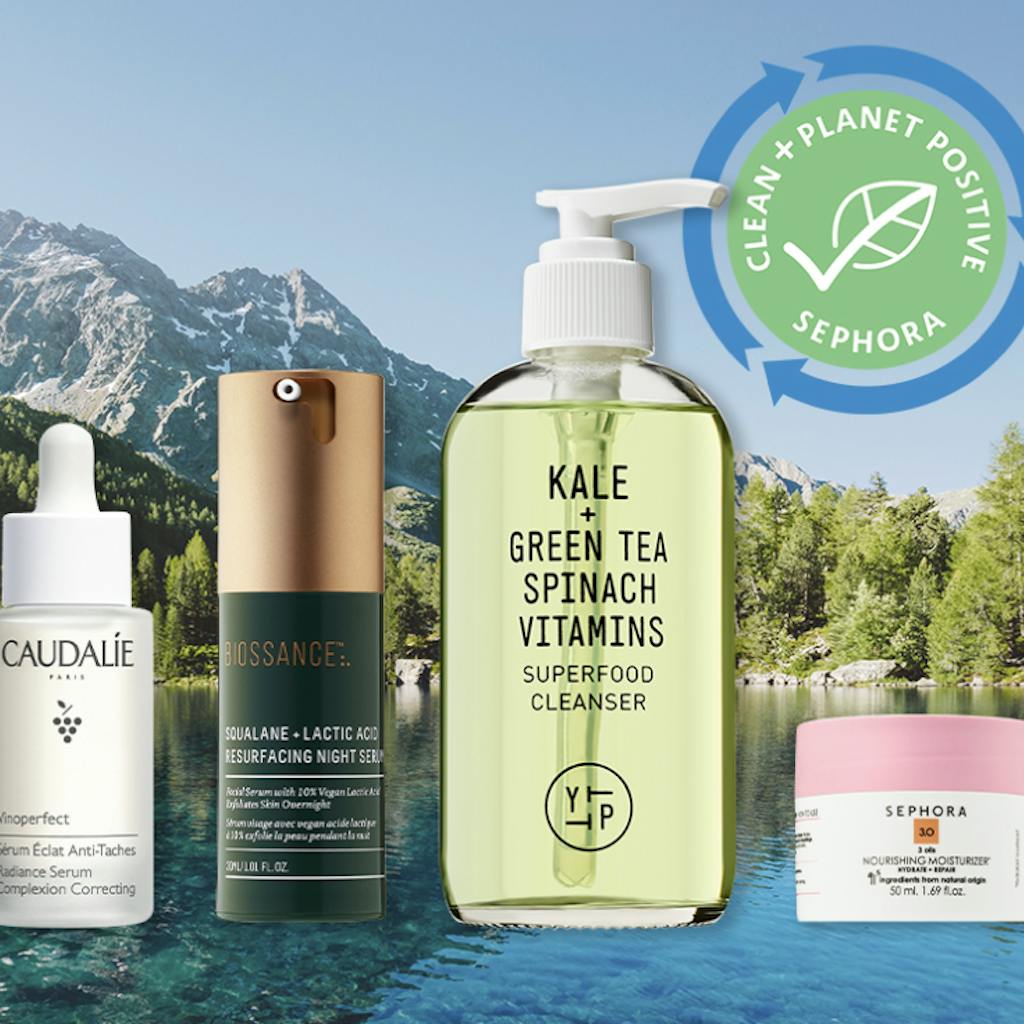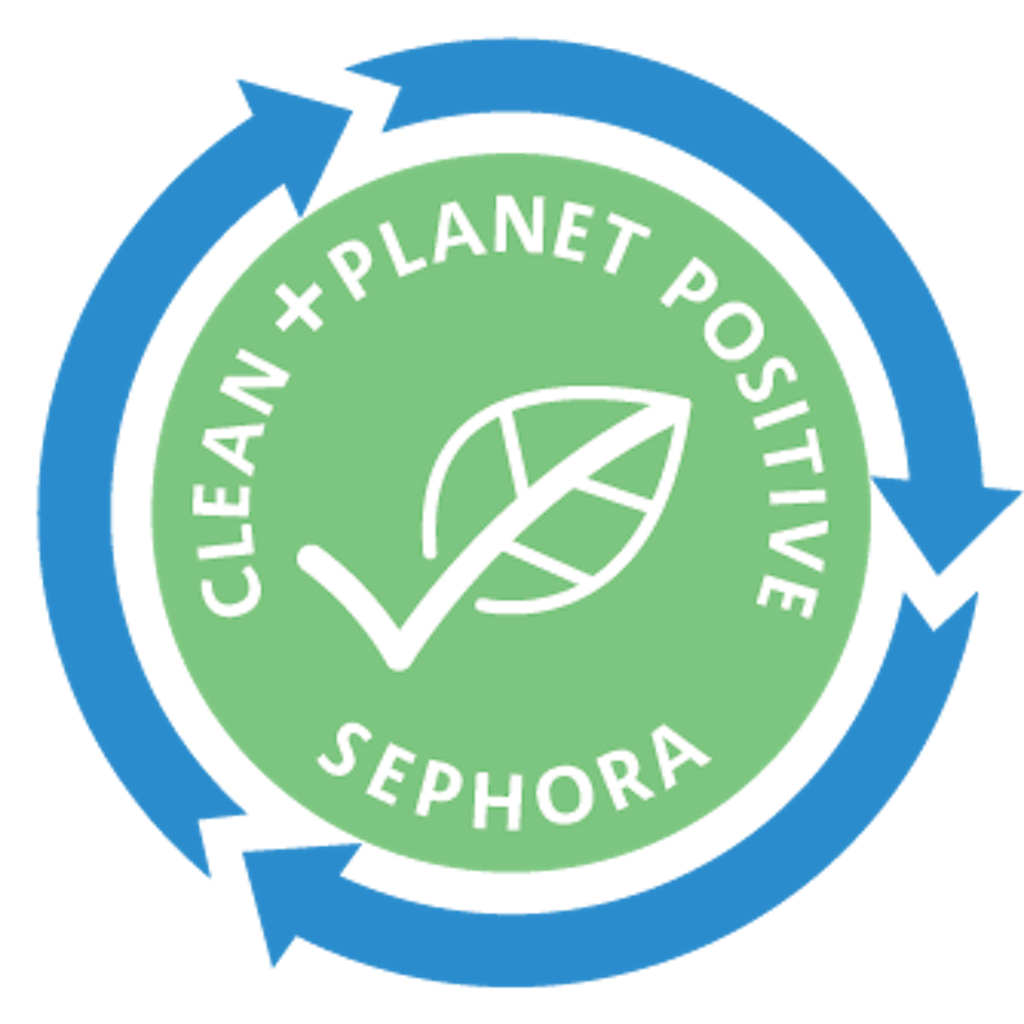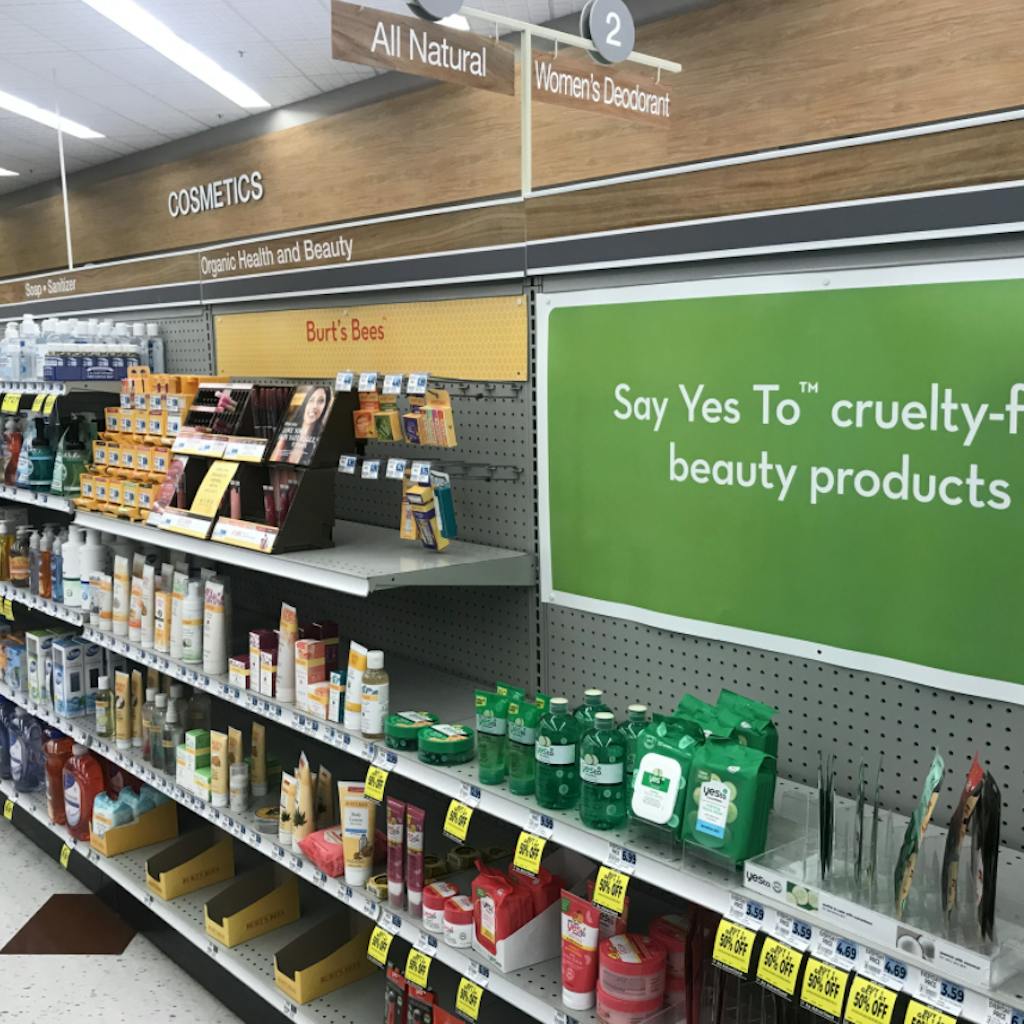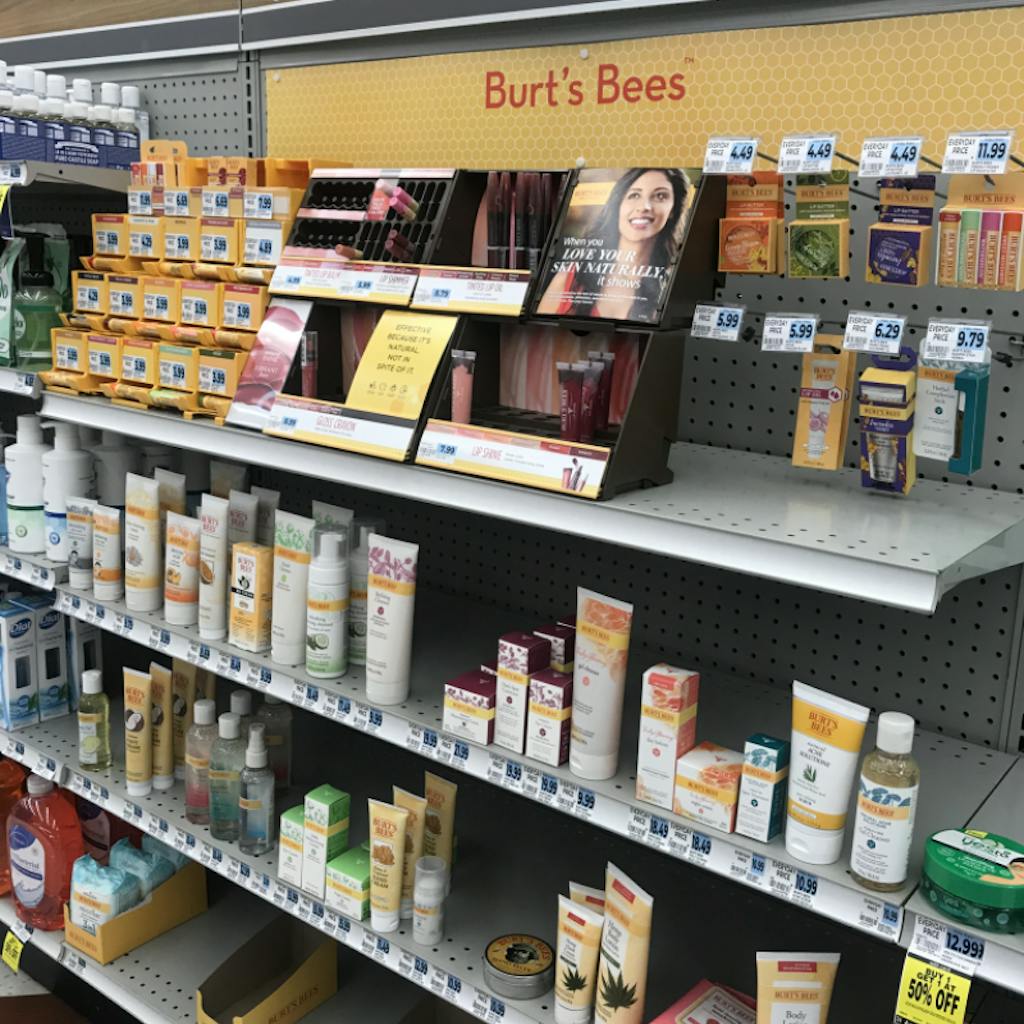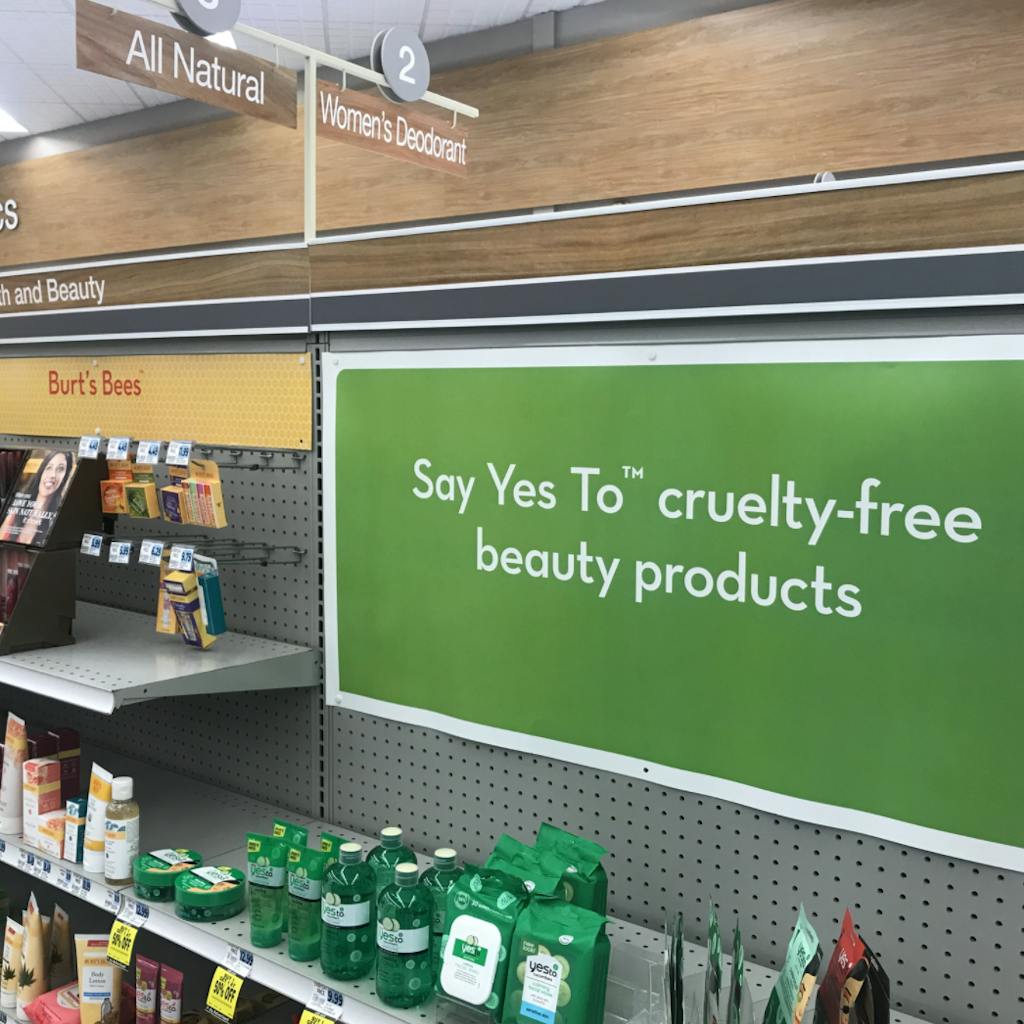Rite Aid is introducing new natural health and beauty products that are clean and sustainable because that’s what consumers want, especially the company’s “growth-target consumer: millennial women.” However, says a company spokesperson, “With customers becoming more health-conscious overall, we see all age demographics seeking alternative and better-for-you products.”
Companies are increasingly offering health and beauty products without harmful ingredients that are better for our health and better for the planet. We’re seeing products without synthetic dyes, made with plant-based ingredients, that are cruelty-free, and gluten-free. Overall, many shoppers are looking for simple and more minimal ingredient lists with words they understand.
Some retailers, like the U.K.’s The Body Shop, devote entire web pages to detailing individual ingredients in products. Another British retailer, Neal’s Yard Remedies, goes a step further and includes sourcing information about ingredients.
Targeting younger consumers
And while consumers of all ages are adjusting to a health-conscious lifestyle, it’s really the younger generations that are driving it. A recent Branded Research survey shows 37% of U.S. consumers say it’s extremely/very important to them to purchase natural/sustainable personal care products, though these products resonate more with younger consumers than older shoppers — 49% of Gen Z, 43% of Millennials, 35% of Gen X and 29% of Baby Boomers.

These “green consumers” are generally willing to cough up for these products. A 2021 Zeitgest survey from GWI revealed that 60% of Internet users in the U.S. and the U.K. are willing to spend more on these products.
May Flanagan, founder of U.K.-based Global Green Family, says that the public is “more aware of pressing environmental issues and this compels them to become interested in sustainable alternatives to traditional health and beauty products.” However, she says, consumers are having trouble finding these products in mainstream stores.
Natural hits mainstream retailers
Some mainstream retailers are taking notice. Three years ago Sephora launched the Clean at Sephora seal, to guide consumers towards safe, organic products, free from more than 50 harmful chemicals. And last month it launched the Clean + Plant Positive club featuring 18 brands with rigorous controls including ingredients, climate commitment, sustainable sourcing, packaging responsibly, and environmental giving.
Sephora’s barking up the right tree. According to Branded Research, 16% of U.S. consumers always avoid specific ingredients like phthalates when buying personal care products and 39% sometimes do, especially younger consumers.
Impactful health and beauty care label claims for the year ending in May 2021, according to research company SPINS, Chicago, include aluminum-free (+27%), organic (+7%), vegan (+18%), and paraben-free (+9%). Conversely, what consumers are not looking for is equally important. Shoppers are avoiding products containing parabens (-7%), sodium lauryl sulfate (-6%), and aluminum salt (-9%).
And the products consumers are most interested in? The top trending keywords over the last 3 months with beauty buyers on RangeMe are: tan, razor blades, sun care, shampoo, and beard oil.
From shampoo to deodorant
At Rite Aid, clean and natural products are growing in all categories, from supplements to haircare to cosmetics, and they’re merchandised together within each category, allowing the customer to “consider all the product offerings,” says Rite Aid’s spokesperson.
Rite Aid uses “Free From” shelf tags to highlight the products, as well as larger manufacturer signs and aisle signs indicating “All Natural” and “Organic Health and Beauty.”
Flanagan’s a fan of merchandising these products in their own subset to help consumers find them, which can also “entice curious consumers to try other eco-friendly products,” she points out.
Shoppers are turning to clean and natural for almost anything they can put on their bodies. SPINS research from May 2020 to May 2021 shows that natural products are especially growing in haircare (+12%), deodorants and antiperspirants (+29%), and shaving and hair removal (+28%).
Vegan products are another aspect of the clean/natural health and beauty trend resonating with consumers as more people eschew health and beauty care items made with animal byproducts. Small brands like Arctic Fox in the U.S. and Bloomtown in the U.K. have vegan products, and even big brands like L’Oreal and Estee Lauder have vegan offerings.
The packaging piece
It’s not just the ingredients in health and beauty products that are concerning consumers. There’s also the matter of what they’re packaged in. Shoppers are turning to bar products such as soap and shampoo to avoid plastic bottles, and even powders, which have the water removed, so less packaging is required. Powders are popping up in categories such as masks, shampoos, and toothpaste.
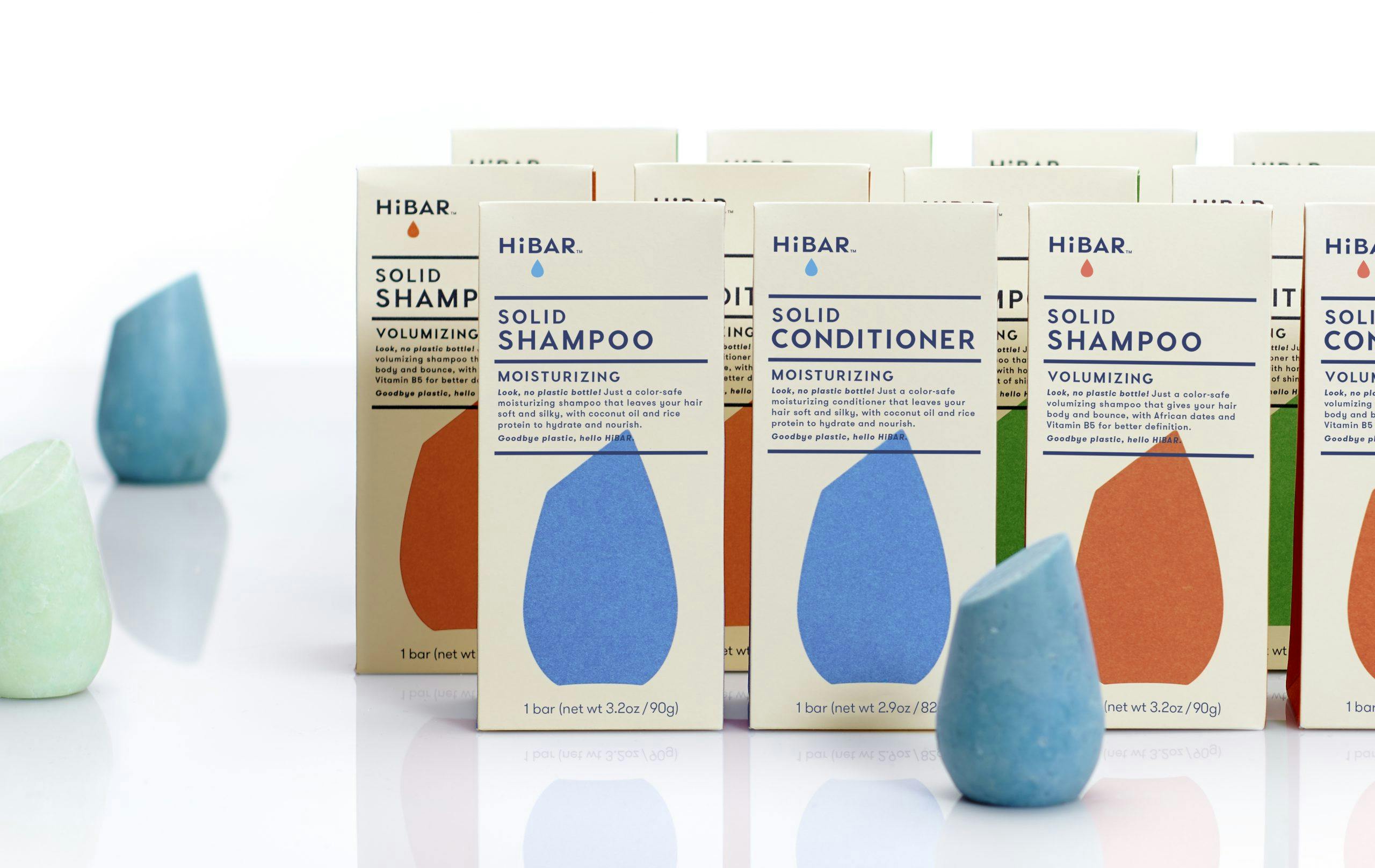
Some companies are already making inroads offering packaging made from plants, biodegradable tubes, refillable packages, and glass.
It’s not just consumers’ health that’s at stake. Clean and natural beauty brands seek to avoid using ingredients that have been shown to harm the planet, such as triclosan, which poisons algae, dolphins and aquatic bacteria; oxybenzone and octinoxate, which bleach (and kill) coral; and plastic microbeads, which end up in the stomachs of sea animals.
With clean and natural brands being both better for us and better for the planet, it’s a good bet that they’re going to become even more popular as more consumers learn about their benefits.
Ingredients to Avoid:
- Parabens
- Synthetic fragrances
- Sodium lauryl sulfate (SLS)
- Phthalates
- Artificial colors
- Formaldehyde
- Aluminum compounds
- Hydroquinone
- Oxybenzone
- Triclosan
- Refined petroleum
- Talc
- Butylated hydroxyanisole (BHA)

